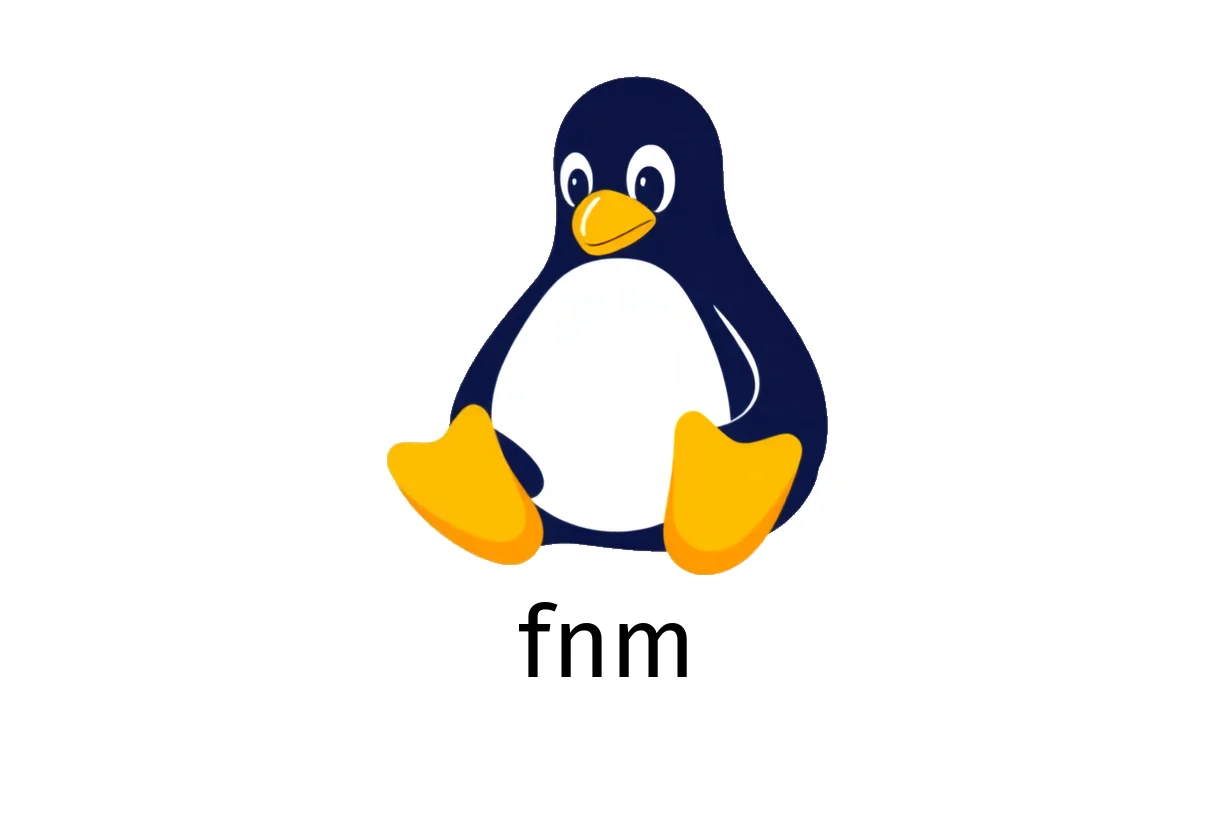
fnm
fnm
Overview
Fast Node.js version manager provides a quick way to install, switch, and uninstall different Node.js versions.
Install a specific version
fnm install {{node_version}}Install the desired Node.js version. This command creates a new environment for that version.
List all available versions
fnm listList all installed Node.js versions and highlights the default one. Useful to see what is currently available.
Use a specific version in the current shell
fnm use {{node_version}}Activate the selected Node.js version for your current terminal session.
Set the default Node.js version
fnm default {{node_version}}Set the default version to be used when no specific version is requested.
Uninstall a given version
fnm uninstall {{node_version}}Remove the specified Node.js version from your environment. This cleans up unused versions.
Common pitfalls
- Missing installation: Ensure you have
fnminstalled before using it. - Version mismatch: Verify that the node version is compatible with your system (e.g., 32-bit or 64-bit).
Examples
- Install Node.js v14:
fnm install 14- List all installed versions:
fnm list- Use Node.js v12 in current shell:
fnm use 12- Set default to Node.js v13:
fnm default 13- Uninstall Node.js v14:
fnm uninstall 14Notes
fnmis a lightweight tool that does not require complex setup.- Keep your environment clean by uninstalling unused versions.